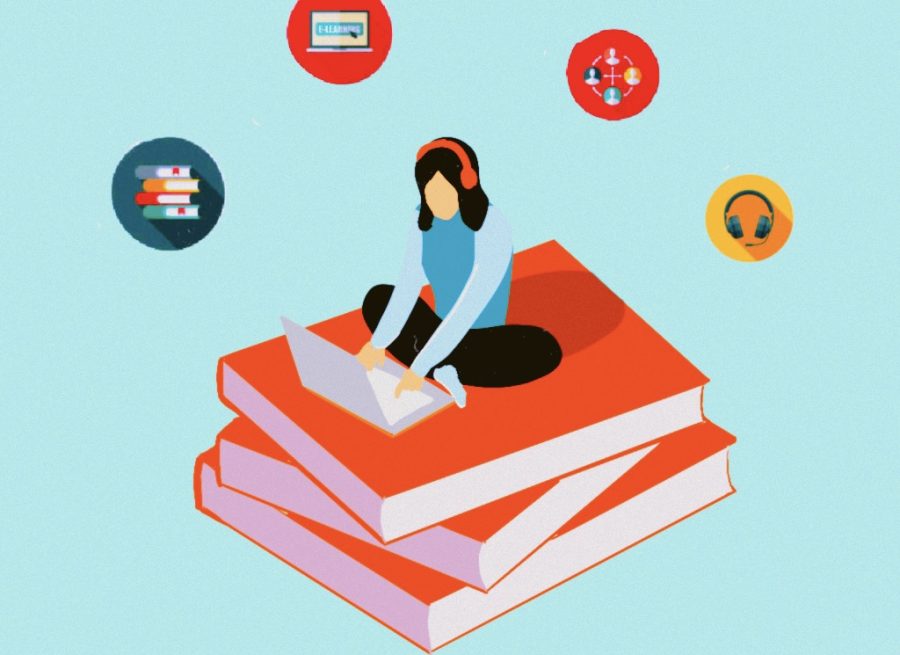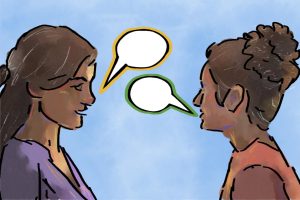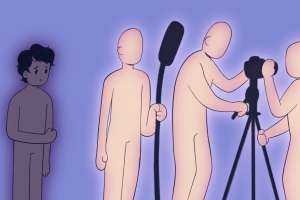Alternative learning creates alternative futures
March 28, 2023
Every morning in high school I would roll out of bed and slink into my living room. My alarm would go off at 10 a.m., but sometimes I’d let myself sleep until 10:30. For my friends receiving a traditional education, that would count as an absence, but I had the luxury of staying up late the night before and working ahead. This likely sounds like a fantasy to most students, but for those who chose alternative learning pathways, it was a reality.
Regardless of the public or private school debate, the “traditional” method of schooling requires students to attend an institution for eight hours a day, five days a week. They interact with teachers and other students, and their lessons are taught by each instructor in person.
For a long time, any type of remote schooling was simply lumped into the overgeneralized bracket of “homeschooling.” This created the very stigmatized idea that if you did not attend a traditional school, your education was not as rigorous or legitimate. I used an online preparatory program, so for a long time, I was made fun of for doing my schooling at home.
However, after the pandemic and the proliferation of online learning, many people are beginning to expand their perspective on education. Alternative learning programs are becoming more common, and generally, people are beginning to perceive them as equally legitimate methods of learning.
Compared to my friends’ perfectly structured days, it seemed like I didn’t do much. However, in reality, the very opposite was true. My schooling used the exact same curriculum and the exact same classes as my traditional peers, but they were all asynchronous. This gave me the freedom to learn about myself and create habits that worked best for me.
Yes, I could wake up late in the mornings, but that was a practice I started after recognizing I’m super productive late at night. I still had to spend hours studying, but I felt happier because I was doing so in a way that felt sustainable.
Taking an alternative pathway was also beneficial because it helped me develop important skills that I’m utilizing in college. Since everything was asynchronous, I had to learn from a young age how to manage my own time and stay completely self-motivated. This made the transition to college much easier because I was practicing habits that I already had in place.
The biggest opposition people have to alternative learning concerns socialization. While that is certainly a valid concern, I think that perspective puts a huge burden on school alone to serve as a student’s main social outlet. There are social aspects, but inevitably the main purpose of going to school is to learn.
Whether a student is interested in a single extracurricular or several, they’ll still find other ways to interact with their peers. If anything, I feel like I developed more confidence and personal authenticity through devoting so much time to myself and the trajectory I wanted to follow.
Most of all, I was able to fully nurture my love for dance and rigorously academic goals — all at the same time. This prepared me for the future I am living, and it has also benefited my transition to college as I now seriously pursue these two incredibly different and demanding pathways.
Lack is a dance and Plan II freshman from San Angelo, Texas.















